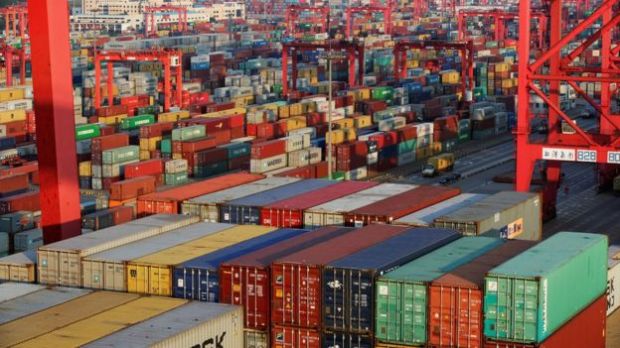Last month Tesla finished the first Model 3 cars produced in its new Chinese factory in Shanghai and their production provides useful examples of economic theory in action.
International trade theory suggests that producers making complex products often make them initially close to home, e.g. the Tesla factories in Nevada and New York state, where there are the designers and engineers on hand to deal with production difficulties. Another example is Dyson shifting its manufacturing plant from the UK to Malaysia while maintaining its research and design facilities in the UK. Once the product is refined and the production process is running smoothly, it is possible to outsource production to areas of the world where costs are lower in order to take advantages of those areas’ comparative advantage.
The Tesla factory is the first wholly foreign-owned car plant in China and, from starting construction to producing the first finished cars took less than a year – significantly faster than such a product in the UK. However it is worth noting that the initial negotiations according to Elon Musk, took “years”.
The Chinese-made cars are cheaper than imported models ($50,000 compared to $63,000) and, as production increases and more local components are used, costs will fall further, possibly as much as 20%.
Apart from making it easier to tap the potential in the Chinese market, the ability to produce in China means that the factory’s output would avoid possible tariffs on US exports. In the future, cars might be exported from China to consumers in the UK who would benefit from lower prices.
The above example shows the benefits of international trade and globalisation. However news this week of the effects of the coronavirus shows the reverse situation highlighting the dangers of increased interdependence through global supply chains. Jaguar Land Rover has announced that it could run out of components from China within two weeks. Apple has similarly announced that its iPhone supplies are suffering because of the problems in China where Foxconn workers, the business which assembles phones, have been told to stay away from work because of the virus. In addition, as the Chinese economy has grown, and it now accounts for 16% of world GDP, as well as its role in world supply, its slowdown also impacts on demand elsewhere in the world.

